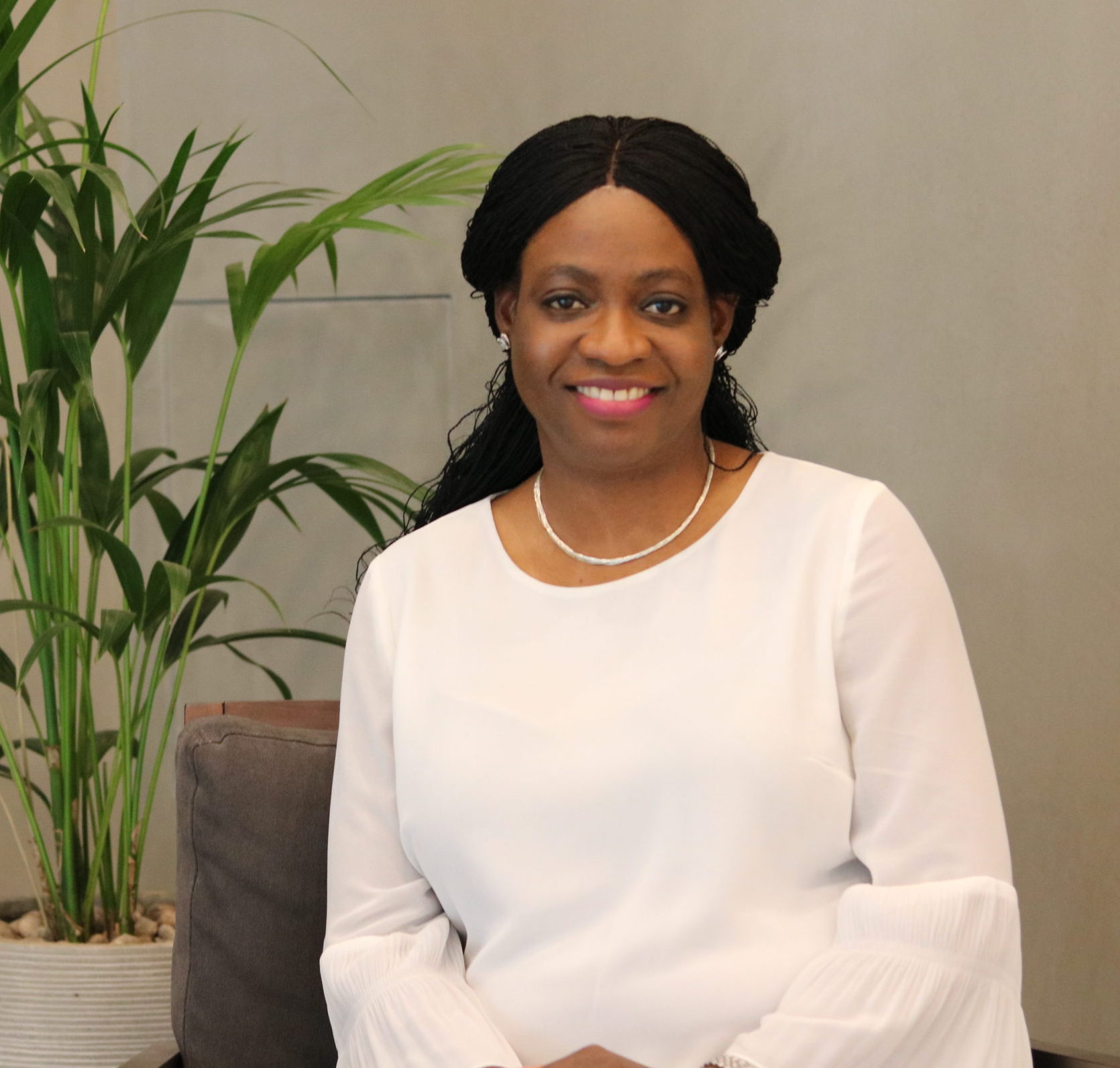Inclusive Research for Innovation


Benevolent AI
Whilst technological advancements are enabling progress, the biomedical data-gap can lead to disparities in healthcare. BenevolentAI signed up to EDIS to help ensure that everyone can benefit from medical innovation.
Technological advancements are enabling us to make credible scientific progress in biomedical research, however the lack of diversity in biomedical data can lead to large disparities in healthcare. BenevolentAI signed up to Equality, Diversity and Inclusion in Science and health (EDIS) to be part of a collaborative movement to ensure that the data-gap does not leave anyone behind.
Thinking back to the EDIS Symposium in September, it was exciting to hear about the hard work already going on in the inclusive research and experimental design space, and the impact this has had on patients. I particularly enjoyed hearing from Dr Emma Baple from the University of Exeter and her important work studying unique ethnic groups to identify concentrations of rare genetic disorders to provide essential diagnoses for patients and families. There is certainly a genuine and exciting move towards more inclusive research, but there is still a long way to go. Truly inclusive research is nuanced and requires collaboration at every stage; from when we identify which topic to study, to when we identify participants for clinical trials.
The vast majority of participants in genome-wide association studies (GWAS) for example, are of European descent (~81% in 2016). This data gap has serious consequences for research and treatment, for example, the benefits of genomics-based medicine are therefore limited when applied to non-western populations. Furthermore, understanding diverse population groups and their predisposition to drugs is particularly important if researchers are to ensure the success of precision medicine.
There are a number of positive developments being made. It was encouraging to see GenomeAsia’s pilot study published in Nature earlier this month that analysed the genomes of 1,739 people, which represents the widest coverage of genetic diversity in Asia to date. This, and similar initiatives such as H3Africa, show steps are being made in the right direction in terms of diversifying datasets in the preclinical discovery phase. However, much more must be done to address imbalances in the composition of GWAS research studies and the subsequent transferability of findings.
The issue of diversity in medical research is particularly salient now that artificial intelligence methods are now being applied at every stage of the drug discovery and development process. At BenevolentAI, we use artificial intelligence to mine and analyse biomedical data, from clinical trials data to academic papers. Data is at the core of what we do, however AI systems are only as good as the data they interpret. Therefore, we must take action now to diversify the pool to ensure the existing data gap in clinical research is not exacerbated.
BenevolentAI has launched the Data Diversity Initiative (DDI) to try to address the data-gap and ensure that every patient can benefit from our innovations and discoveries. The DDI aims to provide a forum in which pharma industries, academia, institutions, research groups and businesses can come together, discuss the challenges of data diversity in research, combine expertise and initiate projects to lead to more diversity in data.
There is a real eagerness to advance data-diversity in the medical ecosystem, and I am excited to see discussions translate into action in 2020 as we work together to ensure that all patients can benefit from our innovations and discoveries.
An innovative operational strategy expert with extensive experience in strategic programme leadership, planning and management of clinical trials with responsibility for global clinical programmes. Peju started her career working in early drug discovery and exploratory phase. She then moved into programme management of late stage assets and was responsible for key clinical programmes within Eli Lilly, Sanofi Aventis, Pfizer and Takeda before joining BenevolentAI as Clinical Development Operations Leader.
